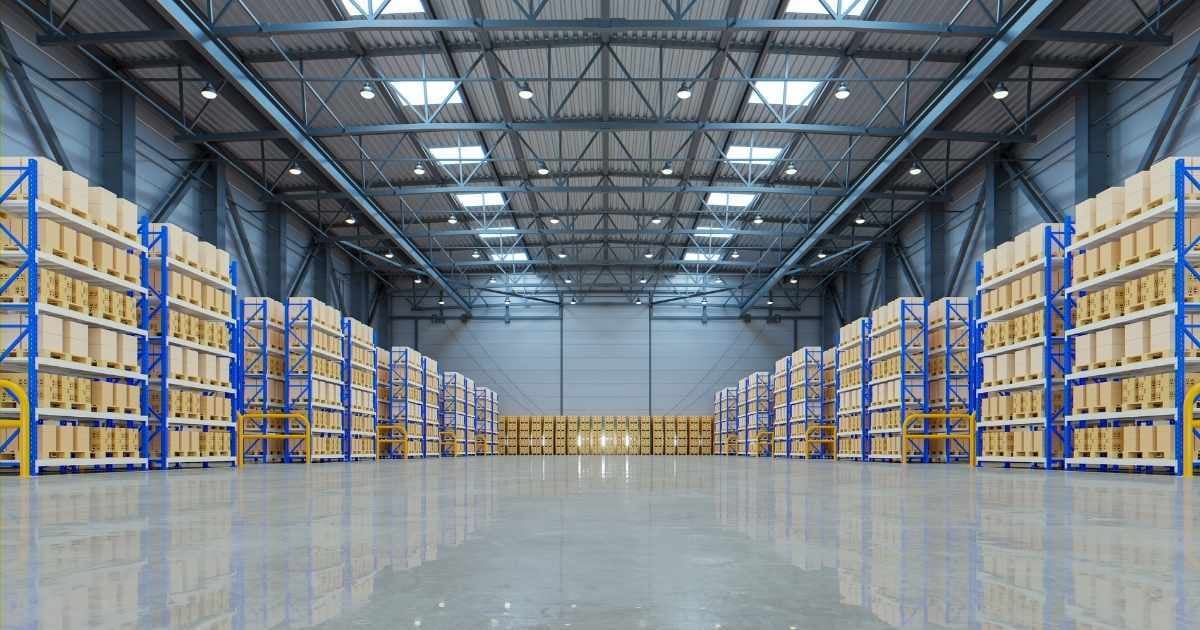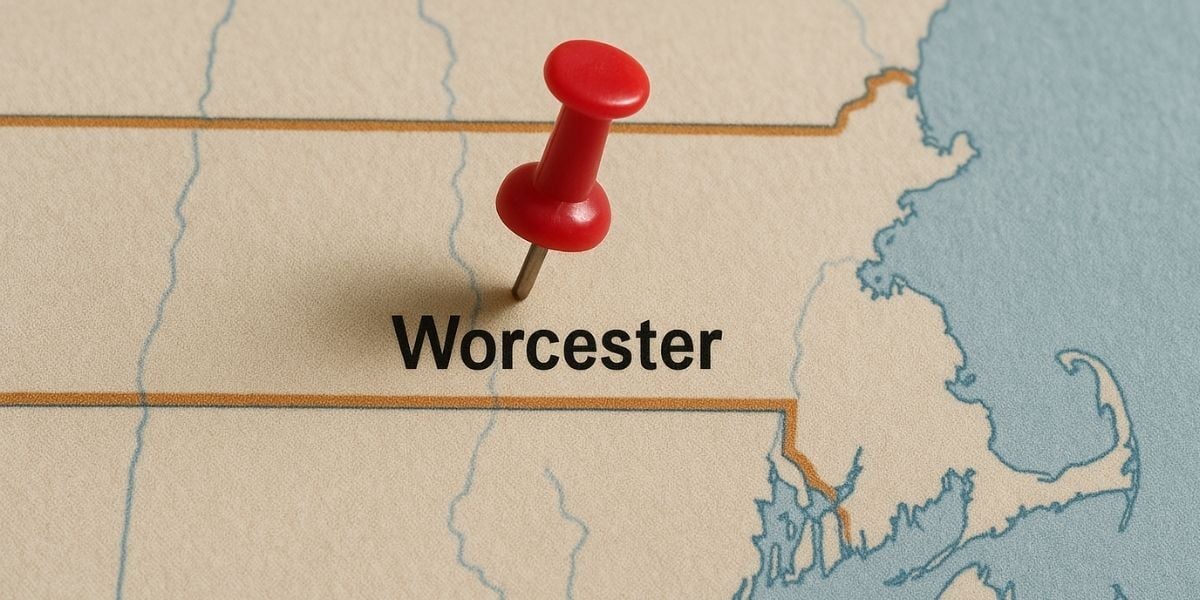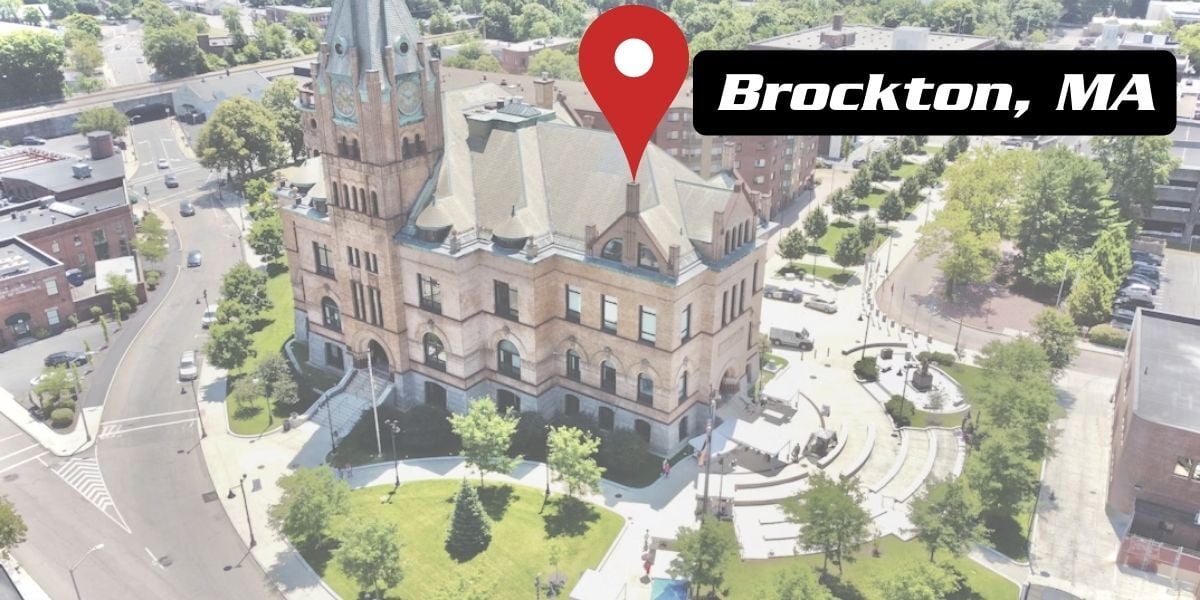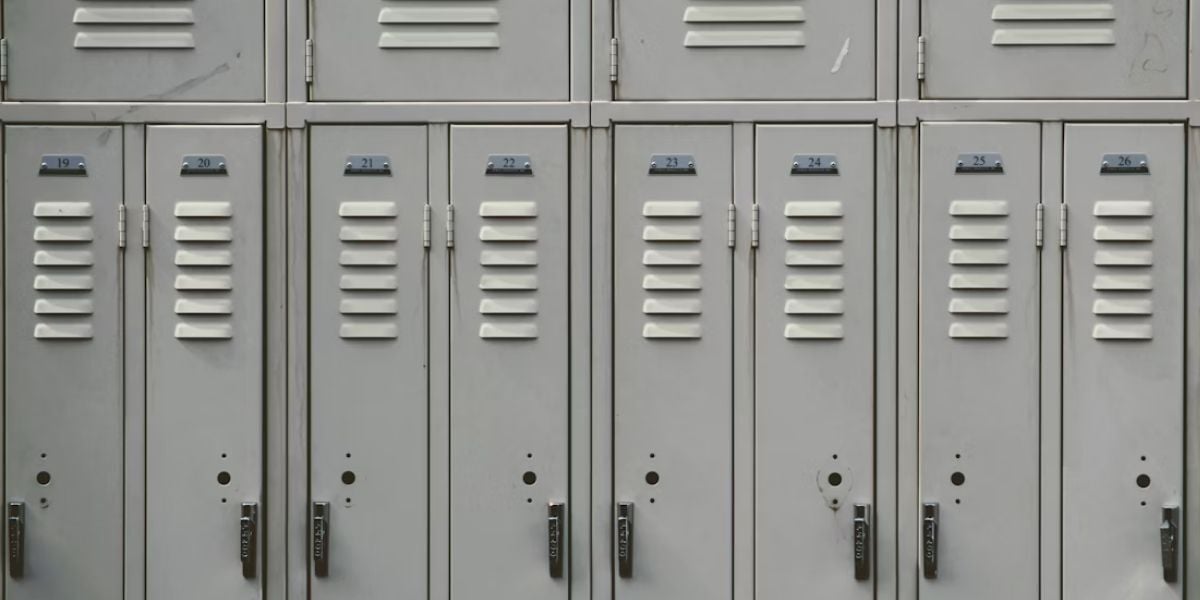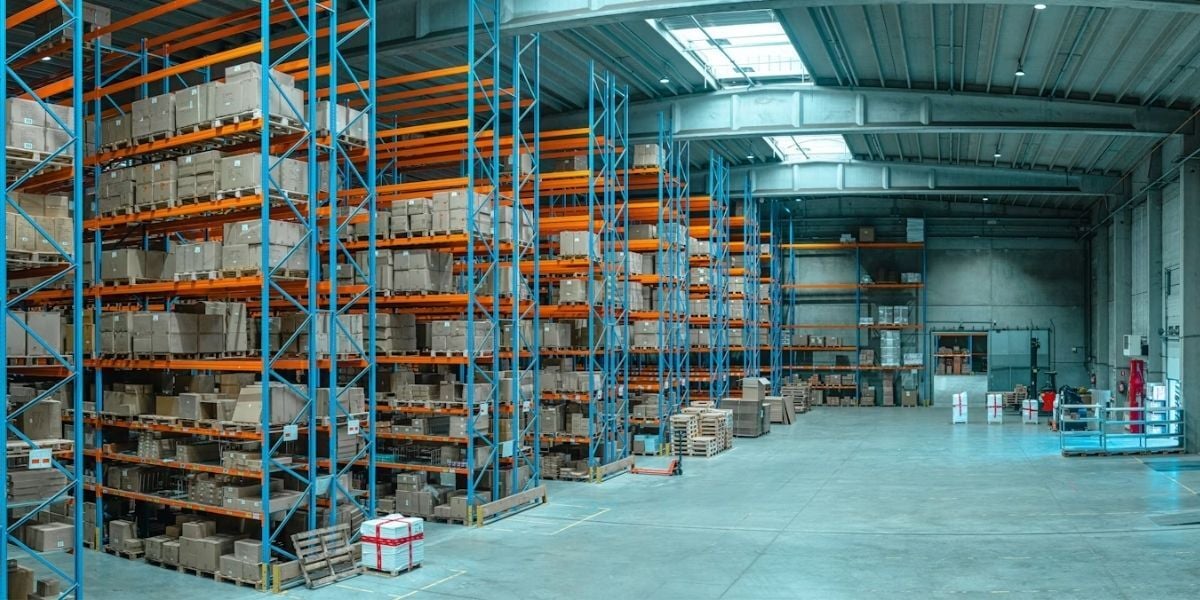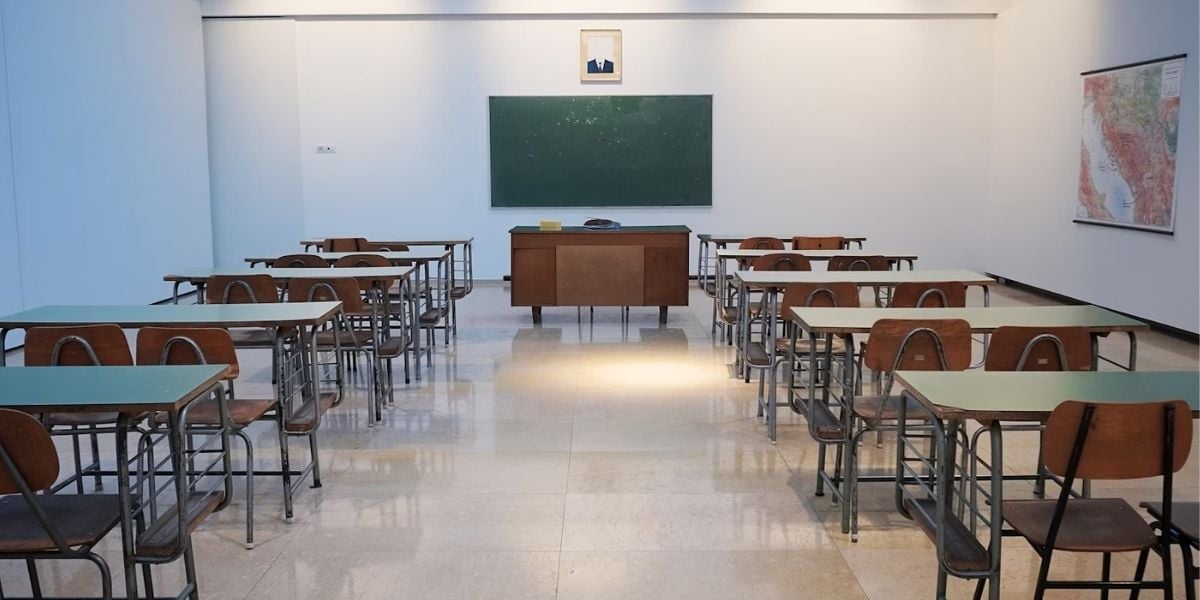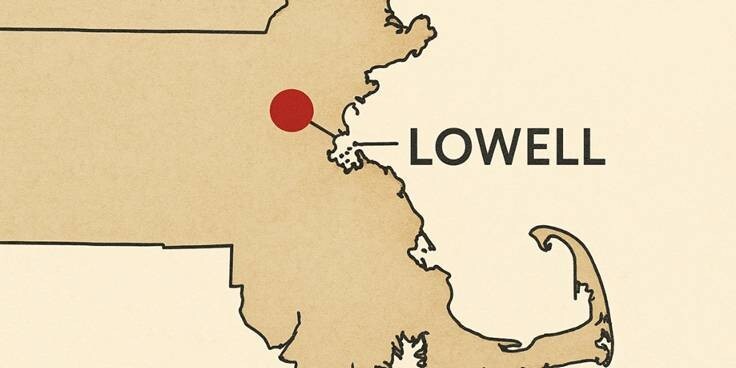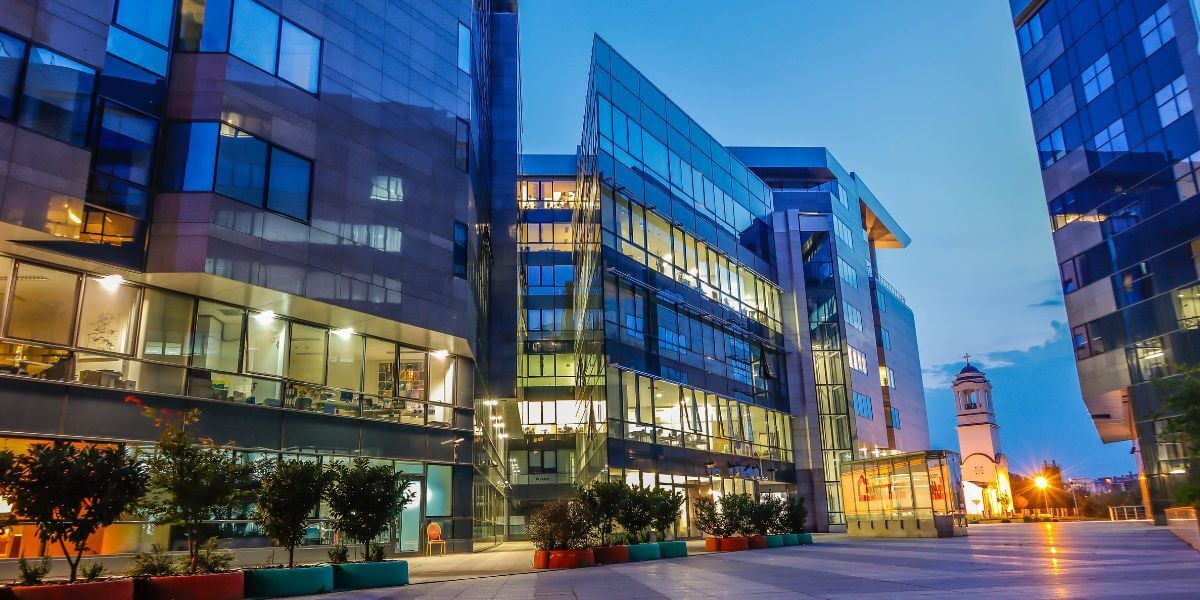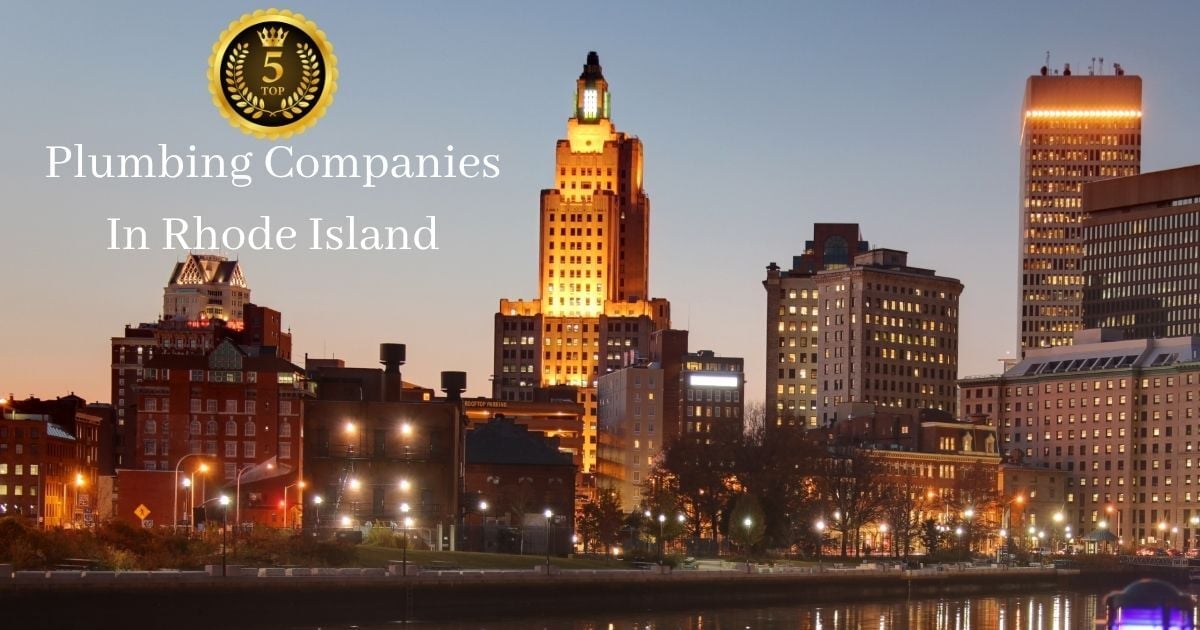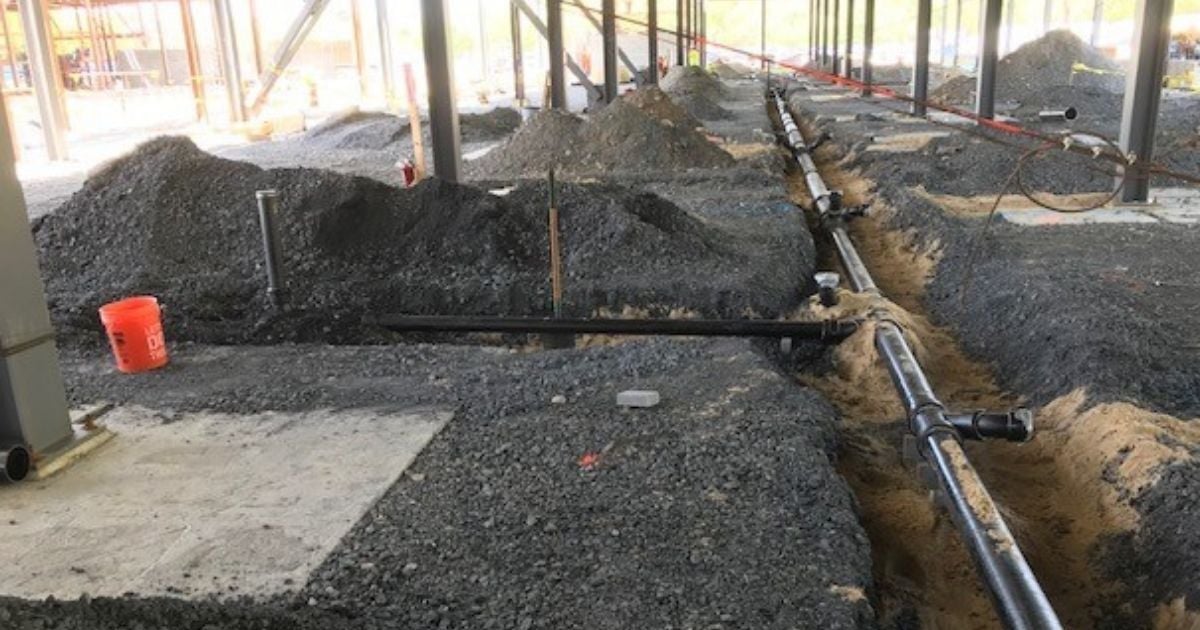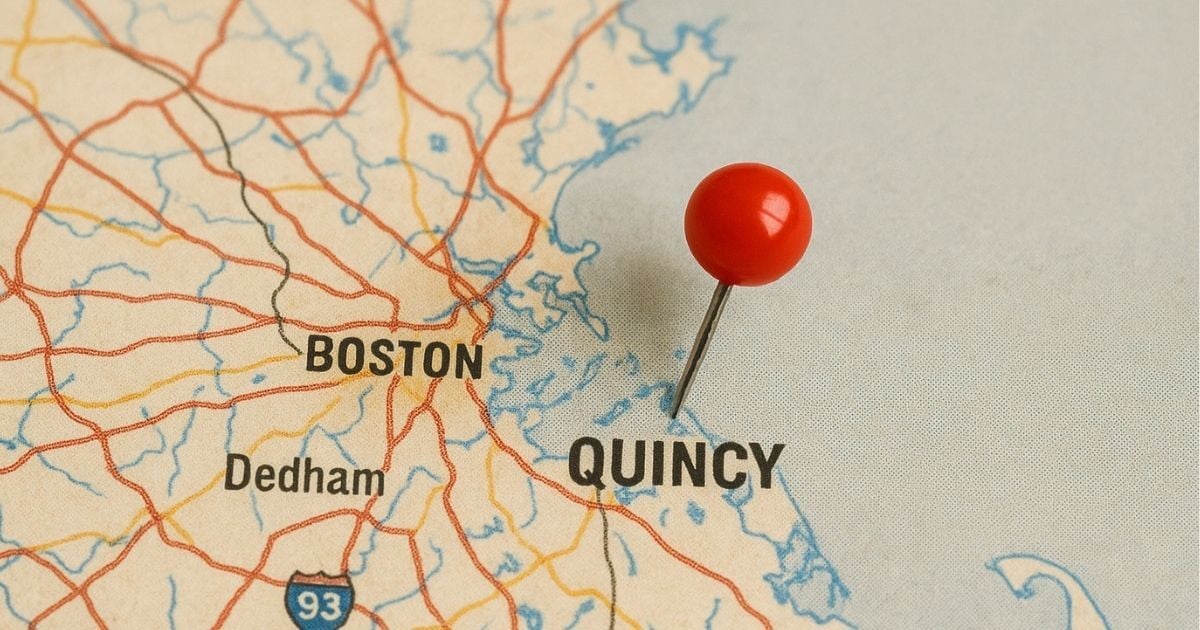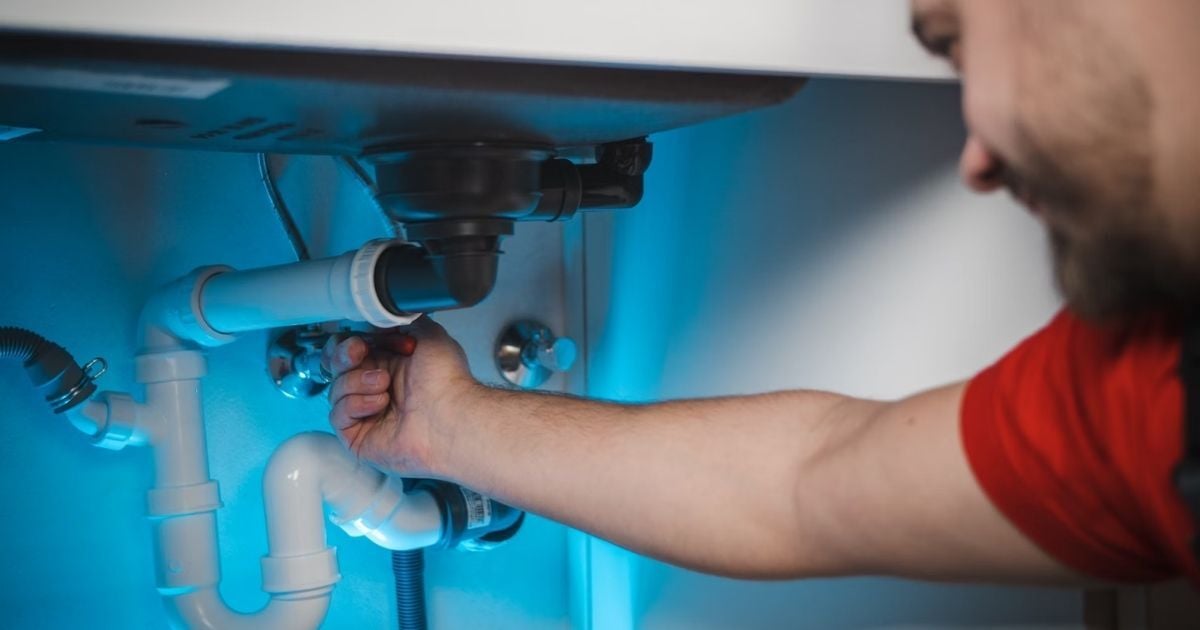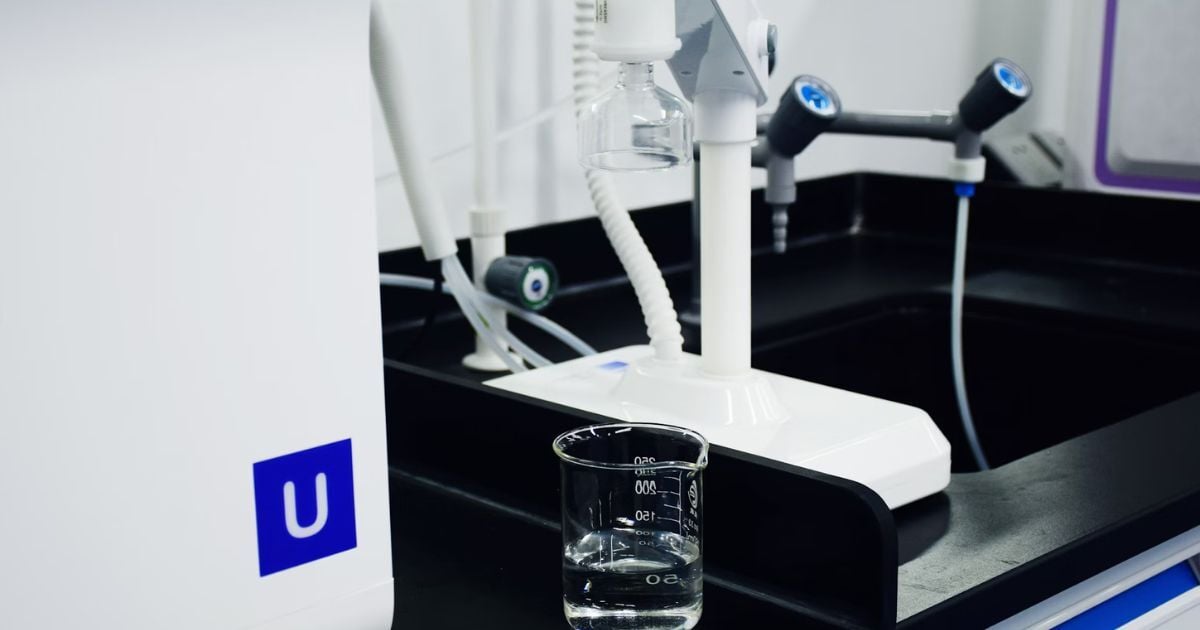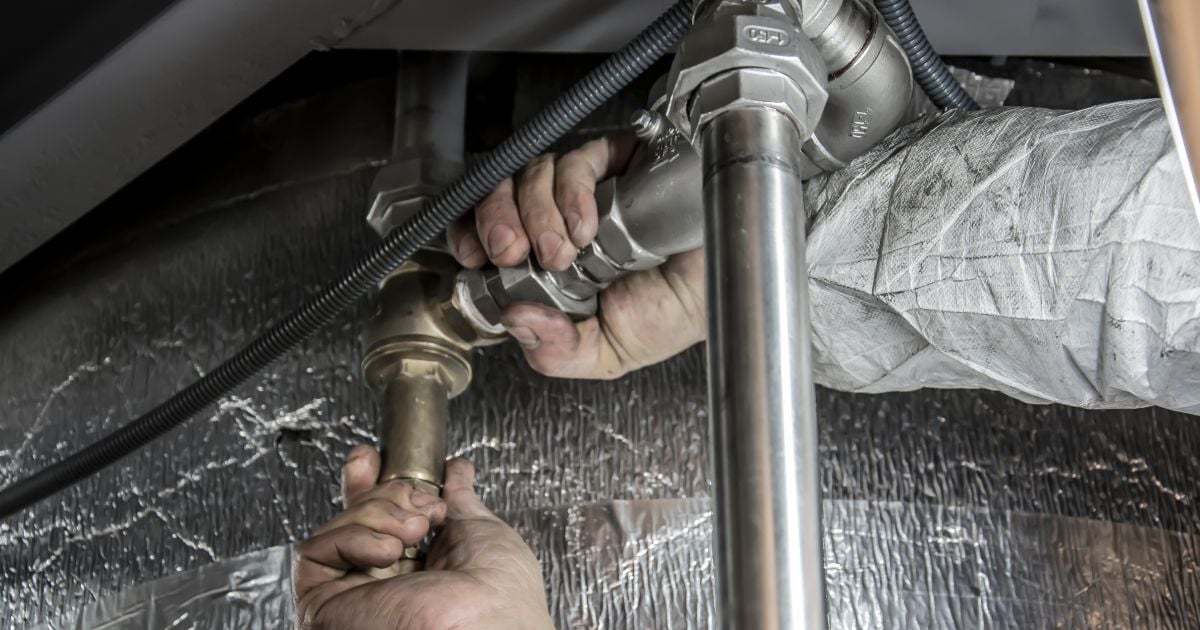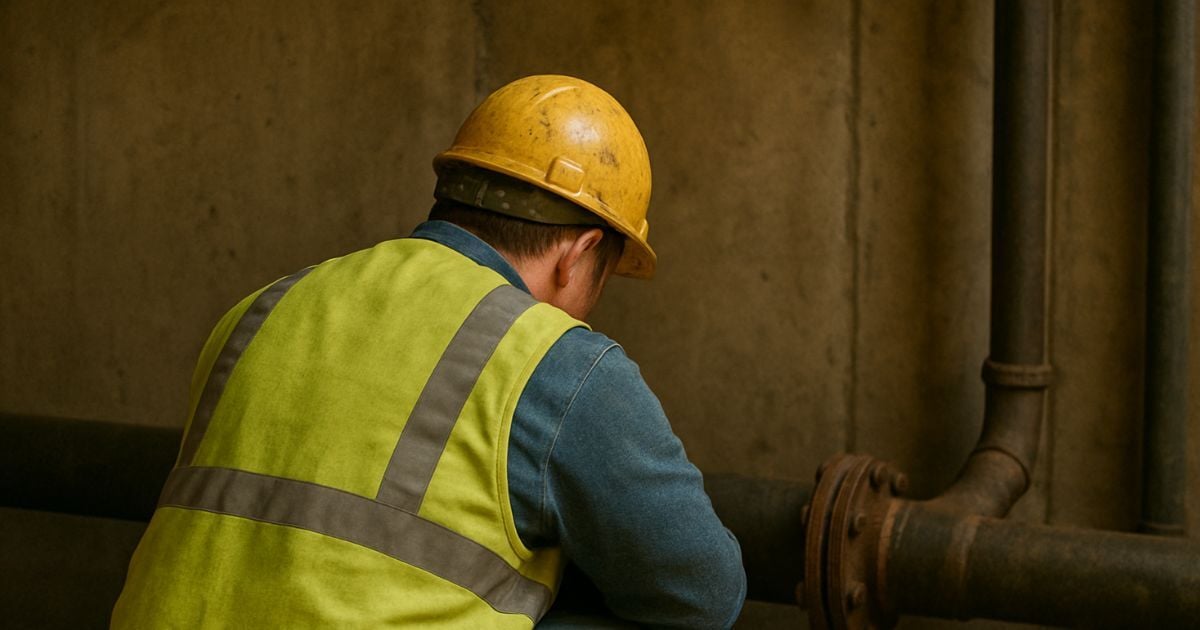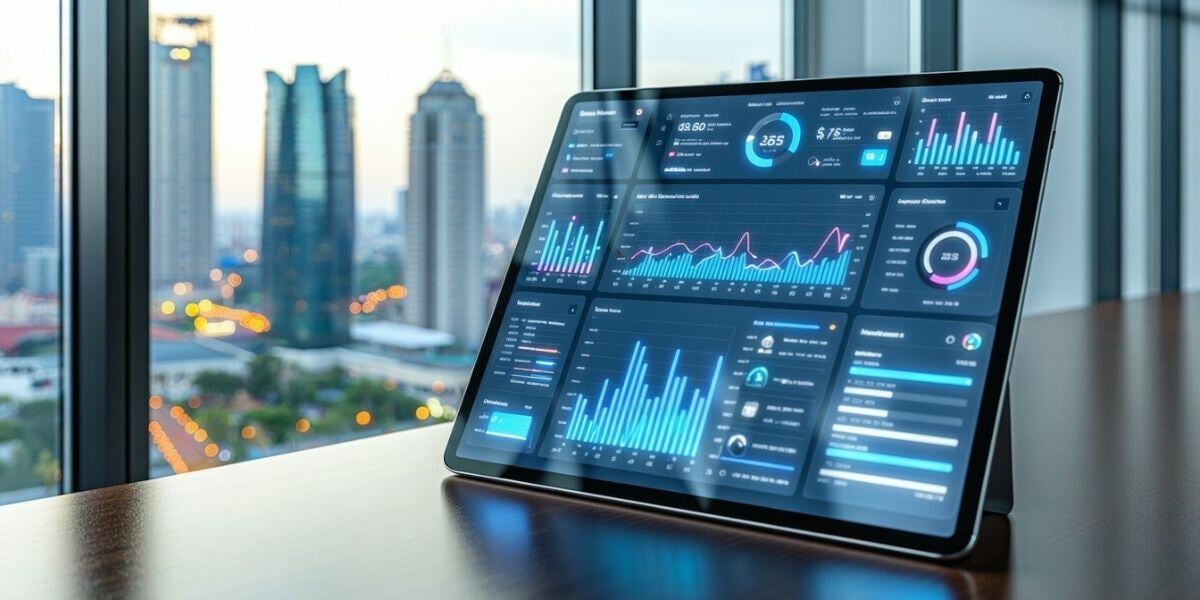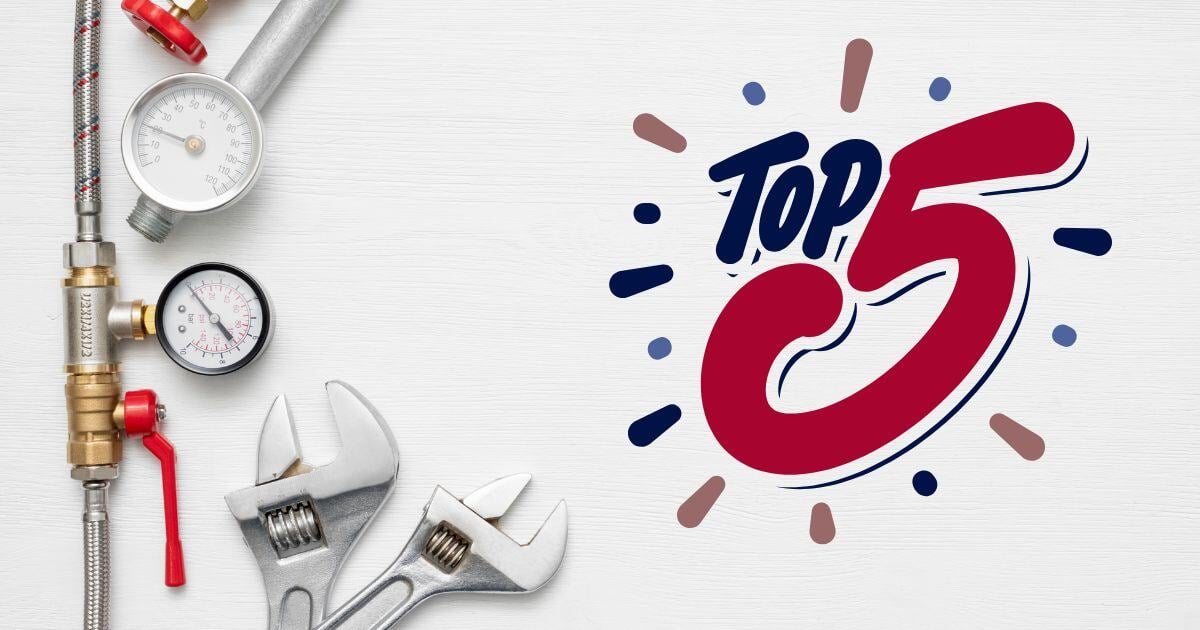Common Commercial Plumbing Repairs Every Facility Manager Should Know
May 26th, 2025
5 min read
By Chris Cason
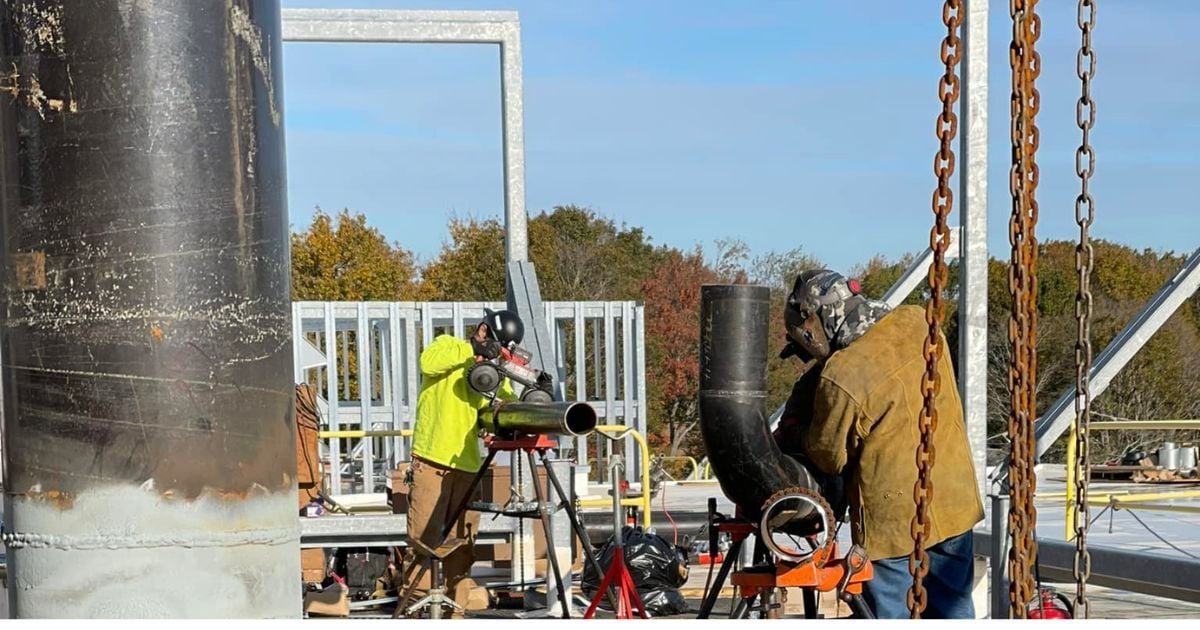
If you're a building owner or facility manager, plumbing issues can quickly become a major headache. Leaks, clogs, or broken fixtures don’t just inconvenience your tenants or staff—they can interrupt business operations, damage property, and lead to costly repairs. And worse, when plumbing systems fail in commercial buildings, the damage multiplies fast.
At Harold Brothers Mechanical Contractors, we've been serving commercial clients across Massachusetts and beyond for decades. We've seen and solved everything from hospitals to office buildings to industrial sites. We understand how quickly a small issue can snowball into a major disruption, especially when it comes to commercial plumbing systems.
In this article, you’ll learn about the most common commercial plumbing repairs, what causes them, how to spot early warning signs, and how to prevent future issues. Whether you're maintaining a facility or planning a new one, this guide will give you practical insights to avoid plumbing headaches and keep operations running smoothly.
1. Leaky Faucets and Fixtures in Commercial Buildings Waste Thousands of Gallons
A leaky faucet might not seem like a big deal at first, but those drips add up. One dripping faucet can waste more than 3,000 gallons of water each year, according to the EPA. That’s bad for your utility bills and worse for sustainability goals.
Why It Happens:
Gaskets and washers inside faucets wear out over time, especially in high-use commercial spaces. Corrosion, hard water, and poor-quality fixtures also accelerate damage.
How To Prevent It:
Regular inspections and preventative maintenance can catch leaks early. At Harold Brothers, our service team offers planned maintenance programs to help you spot and fix issues before they waste water or money.
2. Clogged Drains Are the Most Frequent Commercial Plumbing Issue

In restaurants, hospitals, and commercial kitchens, clogged drains are one of the most frequent plumbing problems. Grease, food waste, paper products, and even small debris build up over time, eventually leading to a full blockage.
Why It Happens:
In commercial environments, people tend to treat drains like trash cans. Without proper drain traps or grease interceptors, clogs are inevitable.
In high-traffic buildings, it’s easy for grease, soap, and other debris to build up unnoticed—these are some of the most common causes of commercial drain clogs that can lead to major backups if not addressed early.
How To Prevent It:
Routine drain cleaning, not just reactive service calls, is key. Installing grease traps and educating staff about what can and can’t go down the drain can save thousands in plumbing repair costs.
3. Running Toilets in Commercial Restrooms Waste More Than Just Water
Commercial toilets take a beating—flushed dozens or even hundreds of times a day. Over time, parts like flappers, fill valves, or sensors wear out. A running toilet is like leaving a garden hose on overnight—expensive and wasteful, but totally preventable.
Why It Matters:
A constantly running toilet can waste up to 200 gallons a day—that’s over 70,000 gallons a year from just one fixture!
How To Fix It:
Most commercial toilets are designed for easy part replacement. Stay proactive with semi-annual inspections and encourage staff or maintenance teams to report issues immediately.
4. Broken Pipes in Commercial Plumbing Can Cause Expensive Water Damage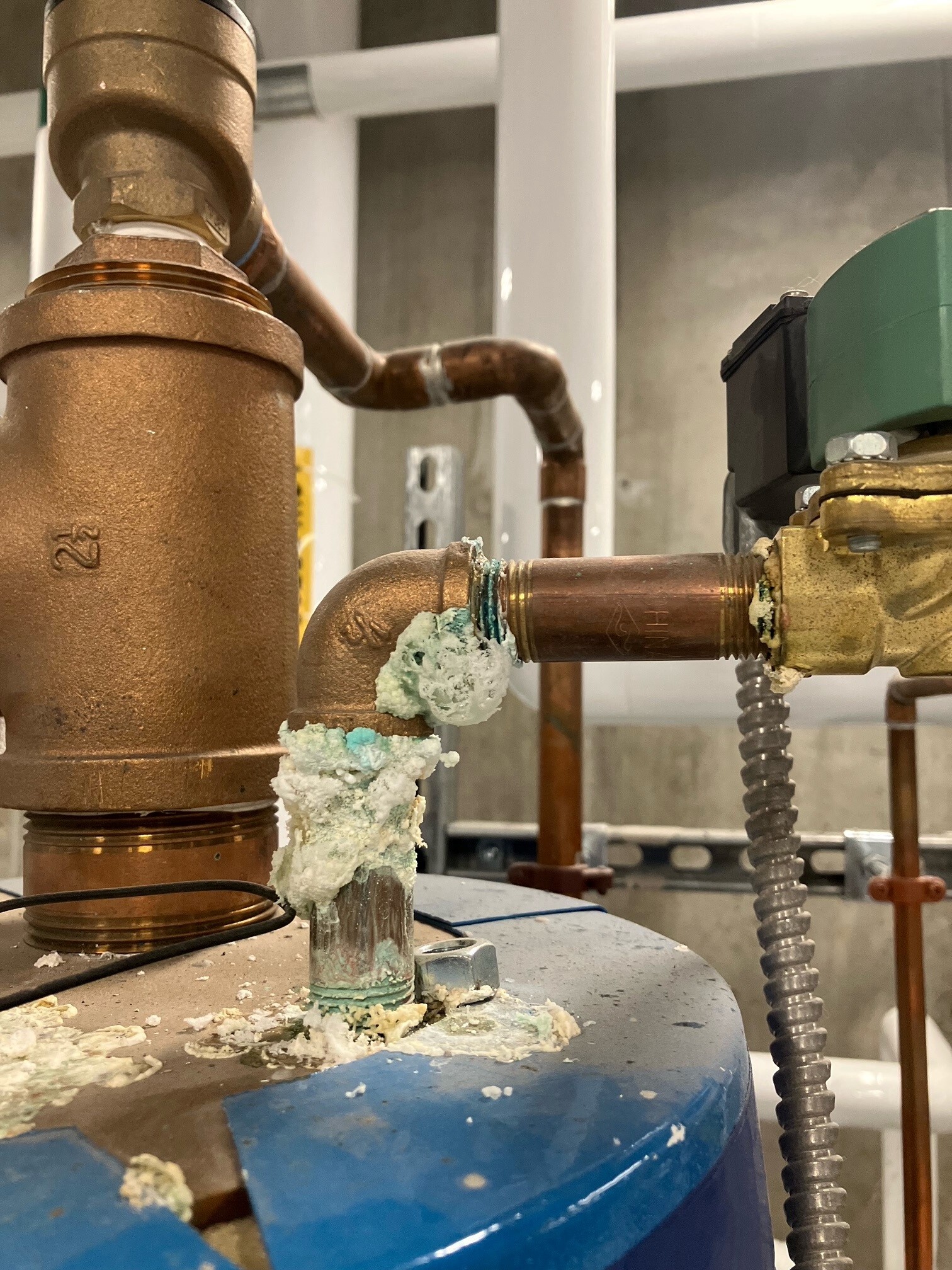
Burst or cracked pipes in commercial buildings are less common, but when they happen, the impact can be devastating. From water damage to mold growth, pipe failures are one of the most expensive issues to repair. For more insight, you can learn what every facility manager should know about leaks and pipe bursts in commercial buildings to better understand the risks and warning signs.
Why It Happens:
- Corrosion (especially in older galvanized steel pipes)
- Freezing temperatures
- High water pressure
- Ground shifting or vibrations
Why It Happens:
Annual pipe inspections using modern diagnostic tools like video pipe inspection can spot trouble early. Our construction and service teams also install piping systems designed for long-term durability—see how we approach Plumbing Construction Projects for more detail.
5. Commercial Water Pressure Problems Lead to Fixture Damage and Poor Performance
Water pressure that's too high or too low can create major issues in commercial buildings. Low pressure affects operations and customer satisfaction, while high pressure can lead to damaged pipes, leaking fixtures, and premature equipment wear.
Why It Happens:
Common culprits include failed pressure regulators, improperly sized piping, or buildup inside old pipes.
How To Prevent It:
Regular pressure checks during maintenance visits help you catch these issues early. Installing or replacing a pressure-reducing valve (PRV) can make a big difference. You can also schedule a professional plumbing inspection to evaluate your system’s current pressure performance.
6. Commercial Water Heater Failures Can Disrupt Business Operations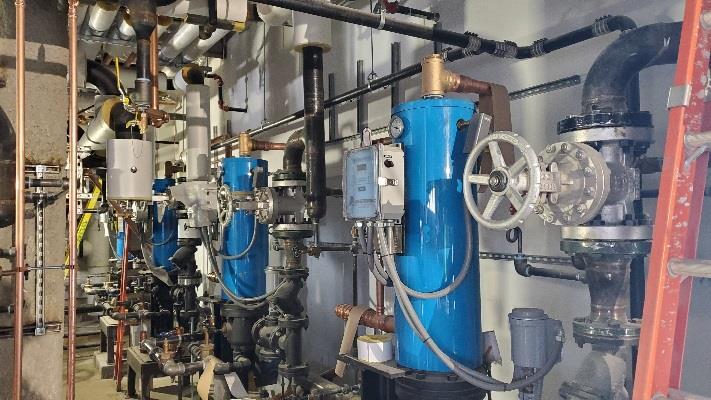
If your commercial building depends on hot water for cleaning, sanitation, or manufacturing, a failed water heater can mean downtime, lost revenue, and compliance violations.
Why It Happens:
- Sediment buildup
- Failed heating elements
- Corrosion and leaks
How To Fix It:
Commercial-grade water heaters need regular flushing and inspections. If your system is over 10 years old, it might be time to upgrade.
Why Preventative Maintenance Saves Money on Commercial Plumbing Repairs

Preventative maintenance is like getting regular check-ups for your building’s plumbing system. Just like you wouldn’t wait until your car’s engine breaks down before changing the oil, you shouldn’t wait for a burst pipe or failed water heater before calling in a professional. When you’re managing a commercial building, waiting for something to go wrong is a risky—and expensive—strategy.
Benefits of maintenance include:
- Lower long-term costs - Fixing a small leak now is much cheaper than repairing water damage later. Preventative service helps identify small issues, like a loose fitting or slow drain, before they grow into bigger problems. Over time, these small savings add up.
- Fewer emergency calls - Emergency plumbing repairs are stressful and expensive. They often happen after hours and require immediate attention. By having a scheduled maintenance plan, you reduce the chance of surprise breakdowns and last-minute crisis calls.
- Extended equipment life - Water heaters, pumps, valves, and piping systems all wear down with use. But just like changing the filters in your HVAC system, a little upkeep goes a long way. Preventative maintenance can help your plumbing equipment last years longer than neglected systems.
- Better tenant satisfaction - No one wants to deal with backed-up sinks, cold showers, or bathroom closures. Plumbing problems can disrupt daily operations and create frustration for both staff and building tenants. Regular maintenance helps keep everything running smoothly—and keeps your people happy.
A commercial plumbing maintenance contract typically includes:
A solid commercial plumbing preventative maintenance agreement typically includes routine visual inspections of pipes and fixtures, testing water pressure and temperature, flushing water heaters to remove sediment buildup, checking valve operation, and cleaning out drains and traps. It also involves reviewing water usage trends to catch unusual spikes that could indicate leaks or inefficiencies. Read our article on the problems caused by skipping preventative maintenance to understand the risks you might be taking without a plan in place.
Next Steps if You’re Facing Plumbing Issues in a Commercial Building
Even small problems in a commercial plumbing system can spiral quickly. Don’t ignore slow drains, running toilets, or spikes in your water bill—they’re usually signs of a deeper issue. At Harold Brothers, we help our clients fix the root problem, not just the symptom.
Be on the lookout for warning signs that something’s wrong with your plumbing. If you’ve noticed rising utility bills, strange sounds coming from your pipes or walls, or frequent clogs and slow drains, these could all point to underlying issues. Water stains on ceilings or floors and musty smells are also red flags, often indicating hidden moisture or leaks behind the scenes. Catching these signs early can help you avoid more serious (and expensive) damage down the road.
Your next step is to schedule a professional inspection or consultation. To better understand what to expect during a service visit, check out our guide on the typical timeline of a commercial plumbing service call so you’re prepared before our team arrives. You can also visit our Learning Center for more helpful resources or request a quote from our experienced team to get started.
Harold Brothers Mechanical Contractors is a trusted leader in commercial plumbing and HVAC services. Whether you need emergency repairs or are planning a long-term facility improvement, we’re here to help.
Topics:



